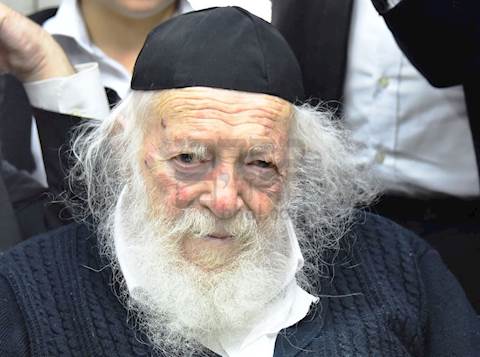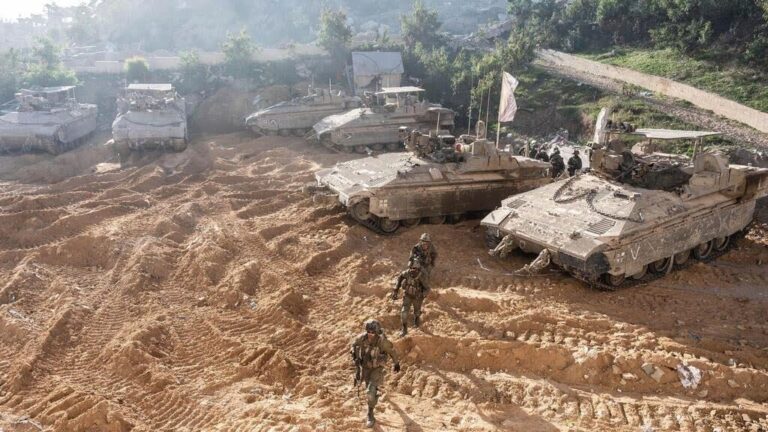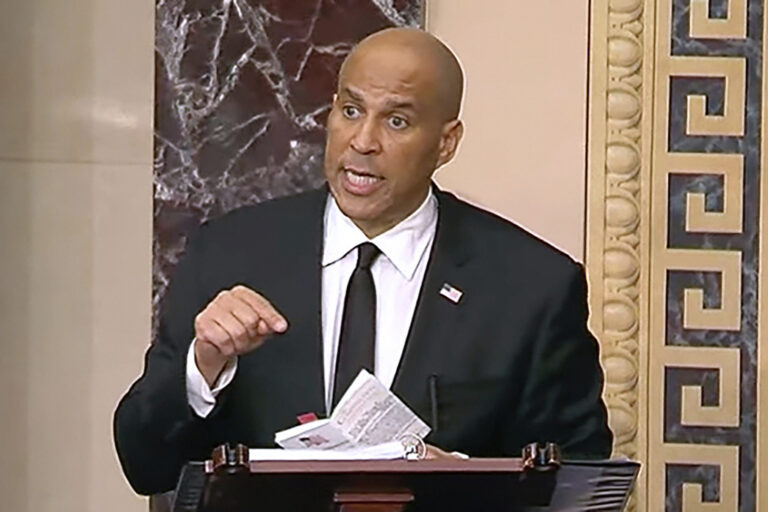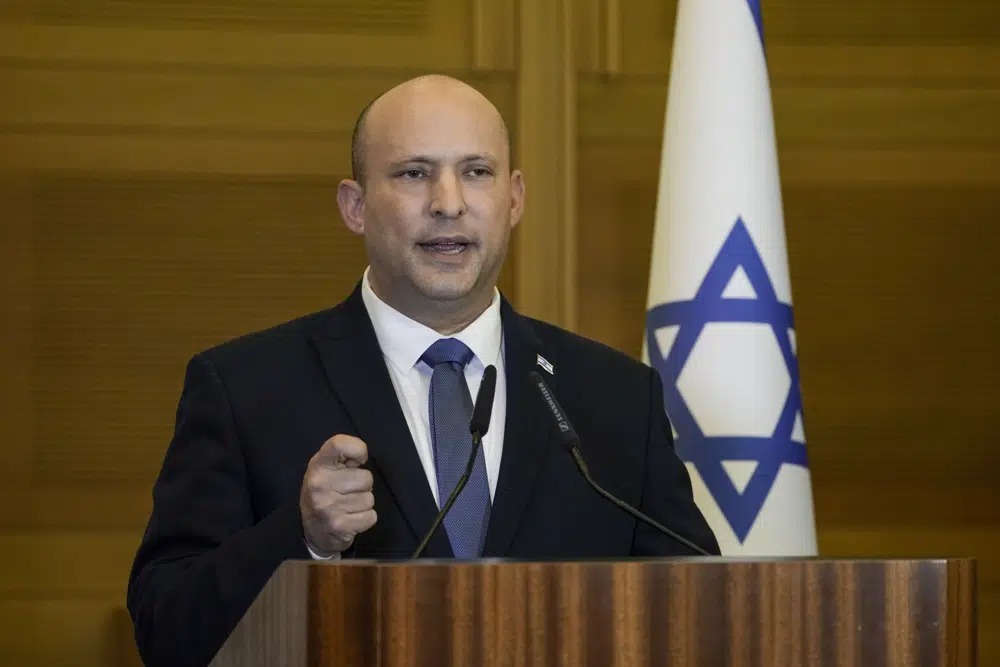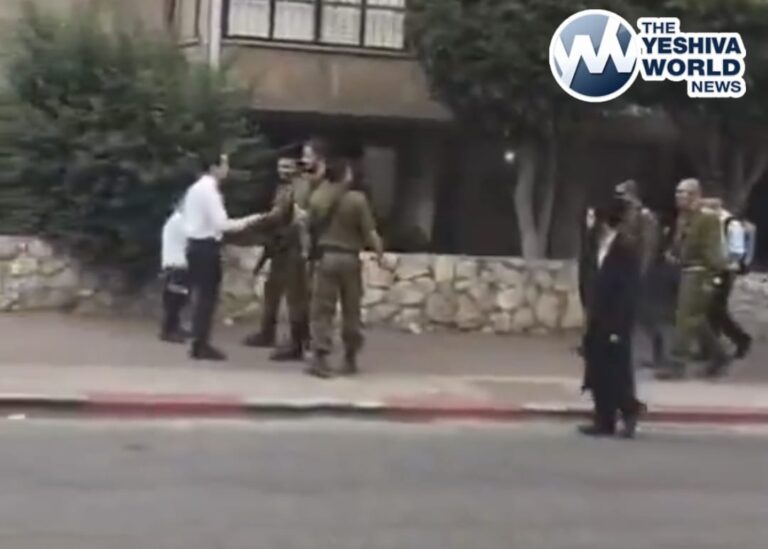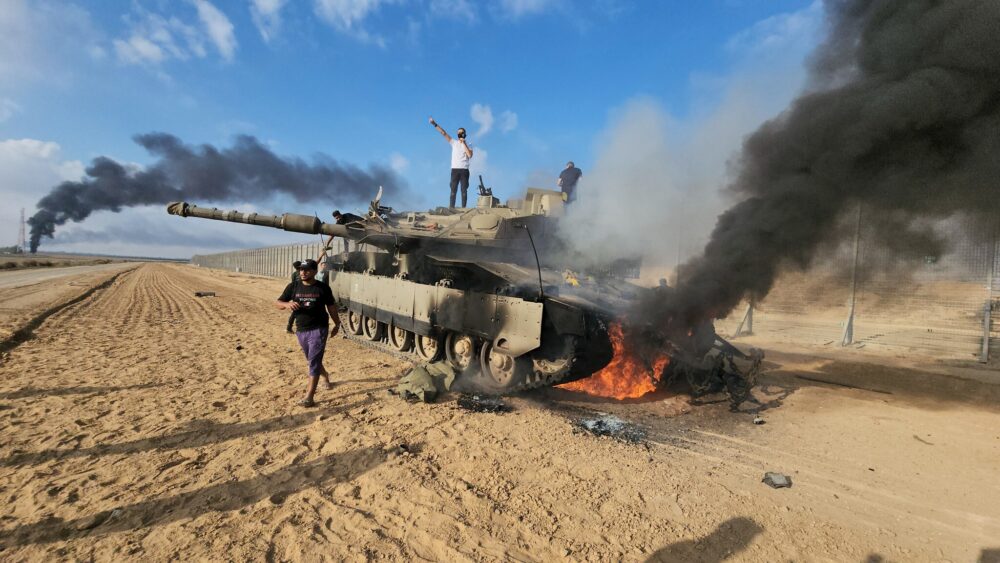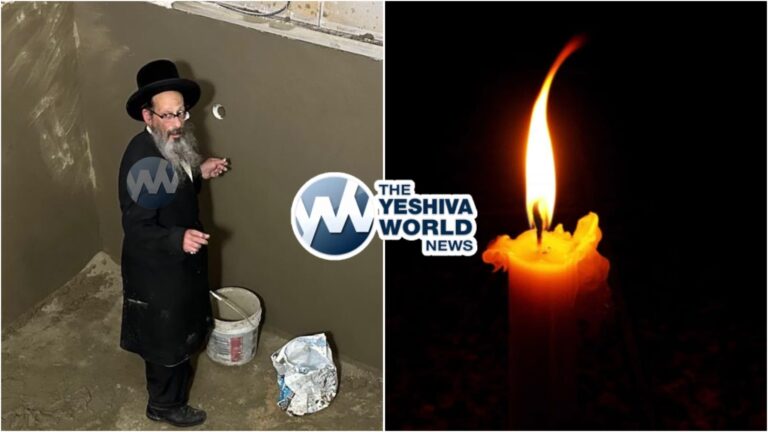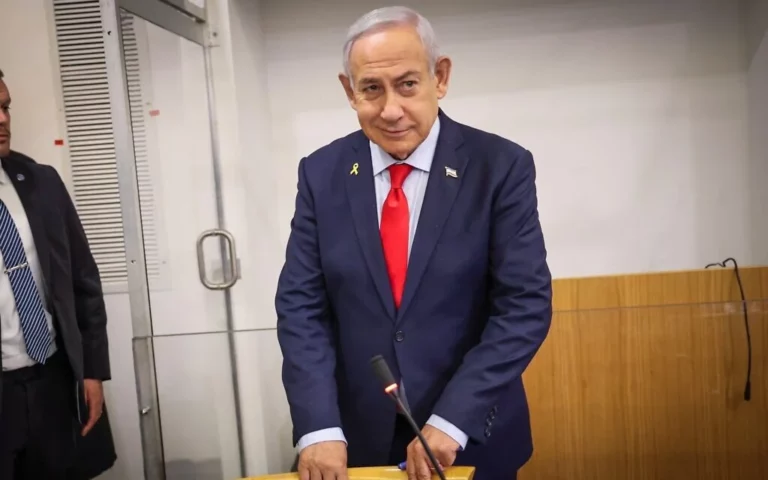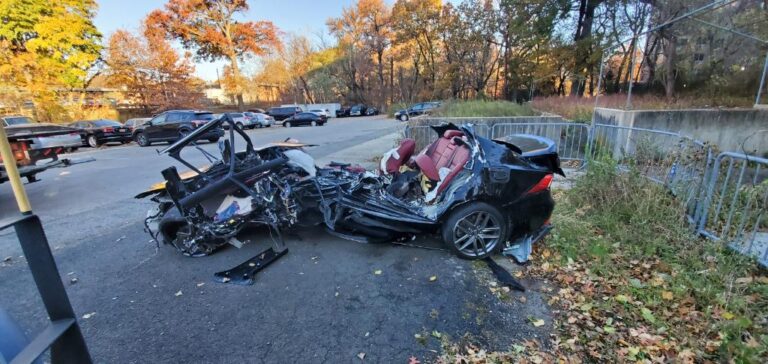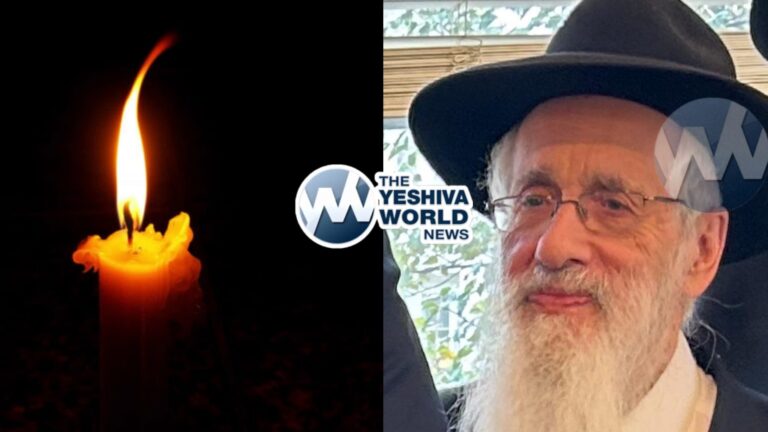By Rabbi Yair Hoffman for 5tjt.com
Perhaps never before in human history, have the halachic aspects of Bikkur Cholim – visiting the sick, been so pertinent. We lived through the pain of the first wave of the COVID-19 epidemic, with the limitations of visiting the sick in hospitals. No one can know the depth of the pain that the family members of those who succumbed to their illnesses in hospitals truly feel. They were robbed of that which was given to others in non-pandemic times – the feeling of helping soothe the anxiety and discomfort of their loved ones. They felt helpless.
And the fact is that people do not realize the benefits that family members can give to the sick and the dying. Family presence – a familiar voice, improves recovery time, and can help in so many other ways. How many of us have stopped possible fatal medical errors on account of alert family members being there? Kabdeihu vechashdeihu is a key principle in Bikur Cholim. Double check everything.
A zeidy or a bubby, whose life was spent around the shuls, yeshivos, batei midrashim and yomim tovim, Shabbos, and family, and in some cases with limited English, now finds himself or herself among strangers. This compounded with a heart attack or stroke or other medical issues – leads to confusion, agitation, and often delirium.
There were cases where the staff, not knowing what to do – just gave a non-insignificant dose of sedatives and often they used restraints. For understandable reasons, family members were not allowed in. Yes, you can make a zoom call but little does that help when Zeidy is crying out for family – and they are barred entry. The second wave, in Europe and already in the United States is showing indications that the hospital policies will be even stricter.
WHAT IS OUR OBLIGATION OF BIKKUR CHOLIM?
This author would like to delineate what appears to be the three major halachic approaches to the important Mitzvah of Bikkur Cholim, and among them Rav Chaim Kanievsky’s view. After this, a strategy with perhaps some helpful pointers will be presented.
There is a fascinating Rambam in Hilchos Avel (14:1). It is both fascinating and perhaps slightly confusing at the same time. He writes that the Mitzvah of Bikkur Cholim is m’divreihem [i.e. of Rabbinic origin] and later writes that they are a fulfillment of v’ahavta l’rayacha kamocha – a Torah Mitzvah. So is there an obligation from the Torah or is there not? How is this apparent contradiction explained?
It seems that there are at least three different explanations.
Rav Dov Beirish Gottlieb (1739- 1795) in his Yad haKetana (Hichos Dayos 8:8) writes that they are a fulfillment of both a Torah Mitzvah and a Rabbinic Mitzvah in that we would never have known that this was the Torah Mitzvah until the Rabbis revealed it to us.
The Maharatz Chayes (1805-1855) is of the opinion that this Mitzvah, according to the Rambam, is derabanan in origin that emerges from a general principle found in the Torah (See Kol Kisvei Siman 70).
The opinion of Moreinu haRav Chaim Kanievsky shlita (born 1928) in his Derech Emunah (Hilchos Terumah 3:20 BH “sh’ne’emar and orchos yosher note 3) writes that according to Torah law – it is a voluntary Mitzvah, but according to Rabbinic law it is a fully obligatory one. In other words, if one is unable to perform the Mitzvah on account of logistical difficulties – one would have been exempt on a Torah level – but not on a Rabbinic level. If someone else is tending to it – there is an exemption – but otherwise, there isn’t an exemption.
This also seems to be the view of the Rav of Yerushalayim, Rav Betzalel Zolti zt”l (1920-1982), (See Mishnas Yaavetz YD #37). The repercussions of this third view are extraordinary. According to this third view – we must make every effort that we can to visit and perform the Bikkur Cholim.
THE STRATEGY
In light of this third explanation, it is often possible to petition the hospital administrators to make an exception to the policy in allowing one visitor which would better facilitate the patient’s cooperation on many fronts – allowing for drugs and restraints to be lessened, better communication, better physical exams, and more cooperation with OT and PT and a better long term prognosis in reducing the trauma and delirium associated with the isolation that a relative is experiencing.
There is a study that was printed in the International Review of Psychiatry (Volume 21:1, 2009) that correlates previous delirium with long-term cognitive impairment.
What this author would like to suggest is that a family member prepare a very respectful letter or note to the key individual(s) at the hospital that are authorized to make an exception to the policy. The letter could cite the study, and could also show how the CDC and state guidelines often back up this idea in certain cases and could explain how dedicated they are to stopping and preventing COVID transmission. The letter should explain how the family member will have had antibodies [and show documentation], has undergone a training session and is very respectful of hospital policy.
BIKUR CHOLIM ORGANIZATIONS
There will, of course, be hospitals that will not allow these exceptions. What perhaps should be done is that the Bikkur Cholim organizations of every community should try to organize this type of effort among themselves – and are probably more equipped to do so as well. They can better train and screen volunteers for antibodies. Our observant politicians can be utilized to meet with the hospital administrators to better facilitate such an effort.
To understand that this effort is one that involves a true pikuach nefesh reality – we just need to speak to family members of those victims who passed away in the past wave or this one.
Of course, we may not do anything to jeopardize the public health and this must be fully stressed in the letter that is prepared. We should also thank the administration and the entire staff of the hospital for everything that they are doing. In the merit of making Kiddush hashem and of our careful observance of Bikur Cholim, may this pandemic end quickly with yeshuos for all.
The author can be reached at [email protected]
Attachments area

